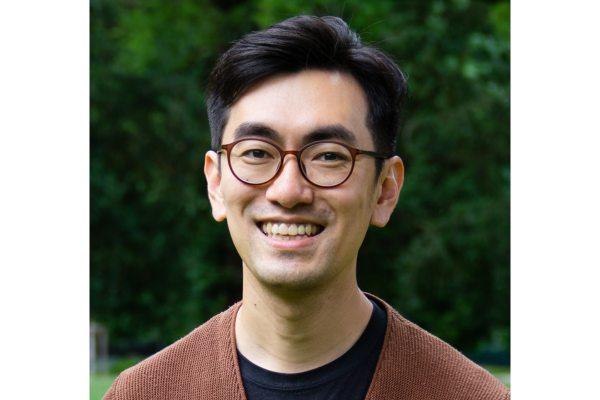
The Institute for Korean Studies presents:
"Rediscovering Audience Publicness: Korean Female Spectators and the Challenges of Postcolonial Theater Historiography"
Sung Un Gang
Technische Universität Berlin
Abstract: What happened as women started attending plays and motion pictures at the first indoor theaters in the Korean Empire, where gender and social stratum defined one’s place in society? How can we write about someone who seldom left firsthand accounts? This lecture invites students to discuss the challenges of dissecting silence and (re)writing history through the case of female spectators in early twentieth-century Korea. Based on my new book The Making of Modern Subjects: Public Discourses on Korean Female Spectators in the Early Twentieth Century, this lecture introduces Yun Hae-dong’s concepts of colonial publicness and audience publicness to examine the roles of everyday practices such as theatergoing in the complex process of modernization and colonization, beyond the dichotomous scheme of pro- or anti-Japanese movement. Drawing on historical discourse analysis of newspapers, magazines, and fictional texts about Korean female spectators between the 1900s and 1930s, this lecture shows the entanglement and negotiations between Korean reformist zeal for modernization, colonial projects of assimilating Koreans into the Japanese Empire, commercial interests, and Korean women’s pursuit of expanding their societal roles. Instead of a homogeneous group, this lecture suggests considering Korean audiences as heterogeneous individuals who took intersectional positionalities consisting of gender, social stratum, and class. In doing so, this lecture encourages students to recognize the variety of colonial Korean female spectators and their agendas that motivated them to go to theaters and claim their place in society, forming colonial publicness and crisscrossing with top-down, male-driven modernization projects.
Sung Un Gang is a postdoctoral research associate at the Institute of Architecture and the Collaborative Research Centre 1265 “Re-Figuration of Spaces” at Technische Universität Berlin. He earned his doctoral degree for his dissertation The Making of Modern Subjects: Public Discourses on Korean Female Spectators in the Early Twentieth Century (Bielefeld: transcript 2024) in Theater and Media Studies from Universität zu Köln. He was a junior fellow at the International Center for Korean Studies of Kyujanggak Institute (2018) and worked as a research associate in Korean Studies at the University of Bonn (2019-2022). He won several grants, including DAAD scholarship (2009 and 2010-2012), doctoral scholarship of a.r.t.e.s. Graduate School for Humanities Cologne (2015-2019), and Academy of Korean Studies Grant (2023). His works focus on the intersections of social minority and space, postcolonial historiography of East Asia, and the Asian diaspora in Germany.
